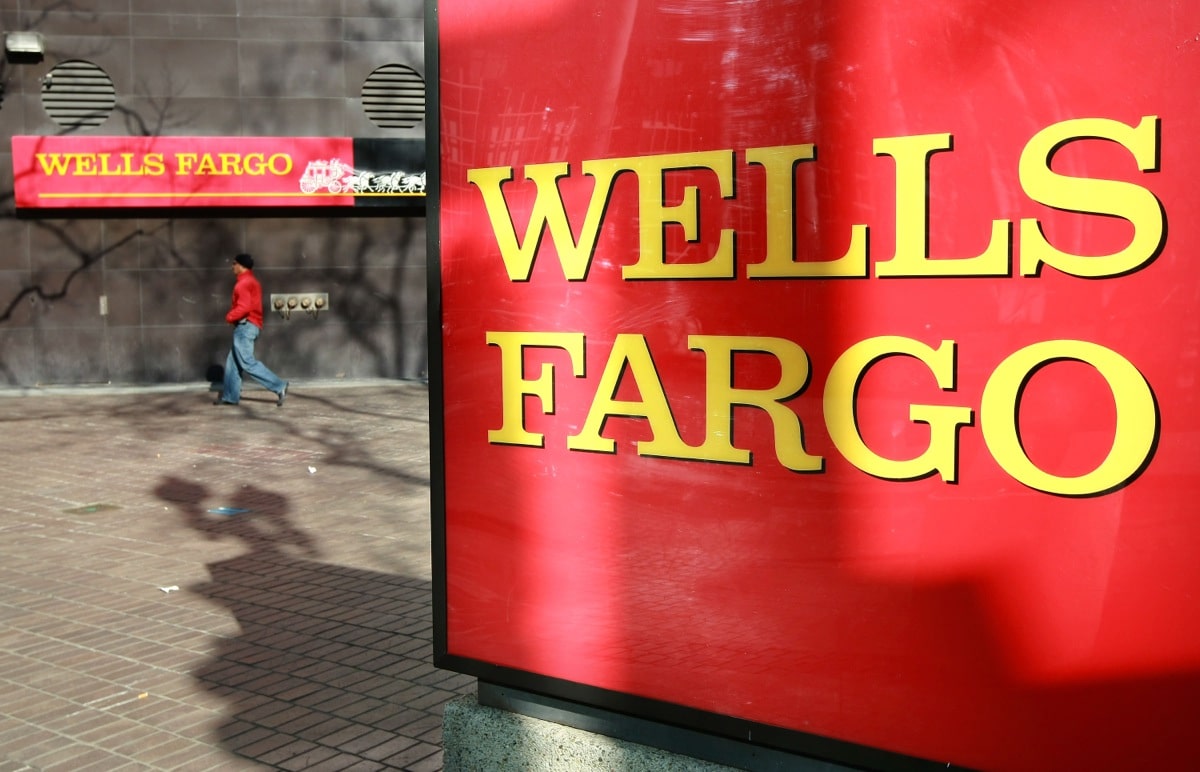Severe lack of supply of homes has been a big hurdle over the past few years, but it has gotten especially bad lately with many first time homebuyers staying out of the market entirely. We have seen the rise of multiple offer situations and homes selling for substantially over list price in some areas. This can be demoralizing for buyers who may submit offers on dozens of homes before they finally come out on top.
So what is driving the lack of supply? Is the pandemic to blame? Is the rising cost of building supplies to blame? Are too many people moving to the Charlotte area? It is a little bit of all of those things plus a few other factors.
The lack of supply has been going on for the last few years. A balanced market between buyers and sellers is typically considered to be a 4-6 month supply of homes. January of 2015 is one of the last times we saw a 4 month supply of homes according to the Canopy Realtor Association. Since then we have had a steadily lower inventory as new listings have not been able to keep up with demand.
Some of this lack of supply has been that Charlotte is growing. People are moving here from all over for great jobs in the banking, technology, and other sectors. It’s not hard to see why either. There have been great advances in recent years in restaurants, museums, sporting events, nightlife, cultural events, parks, outdoor recreation, and much more. The weather is great with four full seasons each year, but plenty of mild temperatures. Charlotte’s location is also a big draw with the beach and mountains within a short road trip so you get the best of everything.
Builders in recent years have not been able to keep up with demand so have fallen further behind. The pandemic exacerbated this problem with limited supplies and rising prices making it harder for builders to turn a profit. This has especially squeezed builders so they are not making as many affordable homes as the profit margin is much more attractive for expensive homes.
Another of the culprits has been the pandemic. People didn’t want to list their homes and potentially not get another one. Also it felt unsafe to have strangers walking through your home and not knowing if they were unwell.
Another factor that usually drives relocation is people changing jobs. With the pandemic came a drastic rise in the number of people working from home. This led to many companies restructuring how they did business and is having an overhaul of the commercial real estate market. While some companies are starting to return to business as usual, many are taking the opportunity to pivot away from traditional business structure as they have realized that workers can be more productive in a less conventional environment. This also contributed to people staying in their current homes instead of listing them for sale compounding the lack of inventory.
It remains to be seen when the market will rebound, but if the Federal Reserve is any indicator, it could be happening soon. The Fed is rumored to be raising key interest rates to stave off inflation and that usually has a cascading effect on the real estate market. It could cool off the frenzy of buyers to pay over list prices for homes. That, coupled with a rise in new listings could start to swing the real estate market back towards balance though it will probably be some time before buyers have the most power in negotiations.














